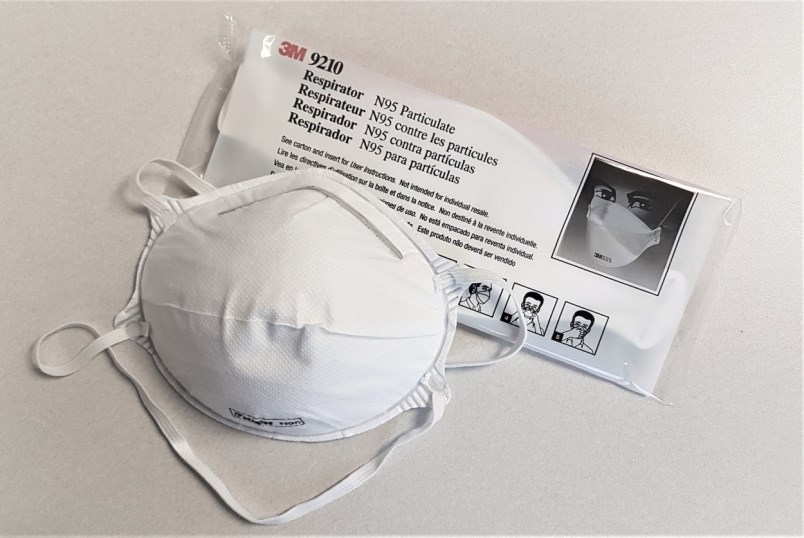A growing demand for surgical face masks in the wake of the novel coronavirus outbreak could lead to online shopping scams, according to the Better Business Bureau (BBB).
Headlines warning about the growing number of fatalities have led to an increasing demand for the masks in order to reduce exposure to the virus, according to the BBB, despite the masks not being designed for this purpose.
“With several local stores advising of low inventory or being completely sold out of the masks, millions of consumers have turned to purchasing them online,” reads a statement from the BBB.
“While there are benefits of availability and convenience when shopping online, this trending demand may spiral scammers, fly-by-nighters and shady businesses to take advantage of consumers.”
Consumers should look out for fake websites that harvest credit card information, according to the BBB’s community and public relations manager Karla Laird, and sponsored ads posted by fraudsters offering prices that are “too good to be true.”
In addition, consumers should be aware of deceptive posts disguising malicious links and fake social media business profiles that take shoppers’ money and give nothing in return, said Laird.
If you are a victim of a scam, whether or not you have lost money, report it at BBB.org/ScamTracker.
The BBB has several tips for safe online shopping:
- Know the advertiser: While some of the best deals are available online, consumers need to watch out for fake websites designed to mimic legitimate business websites. Do your research before you shop by checking out retailers on bbb.org
- Shop with a credit card: In case of a fraudulent transaction, a credit card provides additional protection, making it easier to dispute charges that you did not approve or get your money back for orders you did not receive.
- Is the deal too good to be true? Offers on websites and in unsolicited emails may offer very low prices on hard-to-find items like these and surgical masks. Look for and read the fine print, read customer reviews and compare the prices being offered with other retailers. Check the website for the business address, contact information and multiple payment options. If these things are missing, you may be shopping on a fake website.
- Protect your personal information: Review the website’s privacy policy to understand what personal information is being requested, how it will be used and how it will be protected. If the site does not have a privacy policy, this is a big red flag that it may be a scam. Also, ensure the website is secure by checking that the URL (web address) starts with “https://” and includes a lock icon on the purchase or shopping cart page.
- Think before you click: Be especially cautious about email solicitations and online ads on social media sites. Many sketchy retailers advertise great deals or trendy clothing that either don’t measure up to the promotional hype because of poor quality or consumers simply did not receive anything at all after placing an order.
Read more from the Richmond News



